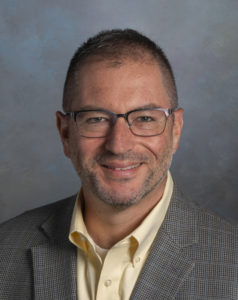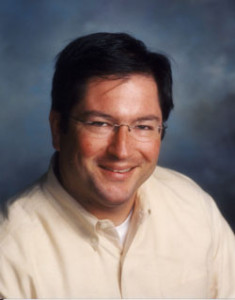
Professor of Psychological Science David Rettinger
Professor of Psychological Science David Rettinger, who is director of Academic Integrity Programs at UMW, offered comments to The Ubyssey for an article on a cheating incident that occurred at the University of British Columbia-Okanagan, in which students used the homework-sharing site Chegg to answer questions on a final exam.
While cheating may have increased during the pandemic, there isn’t any hard data to prove that yet, David Rettinger, a professor of psychology and director of academic integrity programs at the University of Mary Washington told Chronicle of Higher Education in October. At UBC, no such data is available. Read more.
